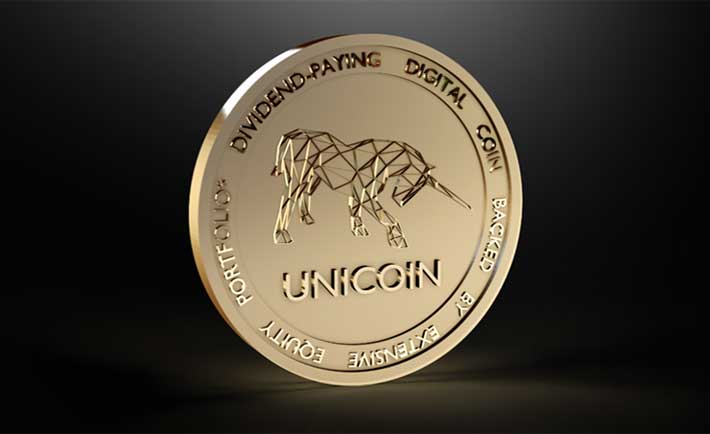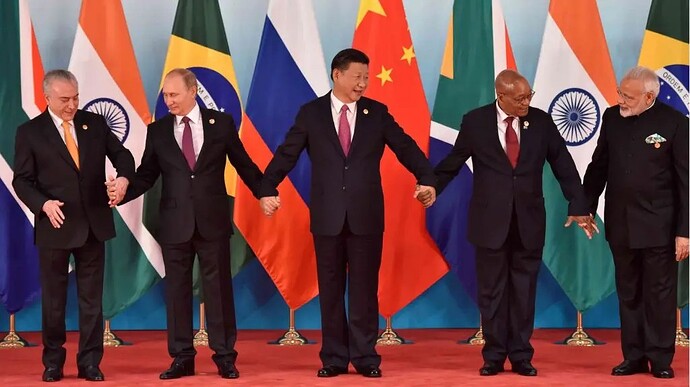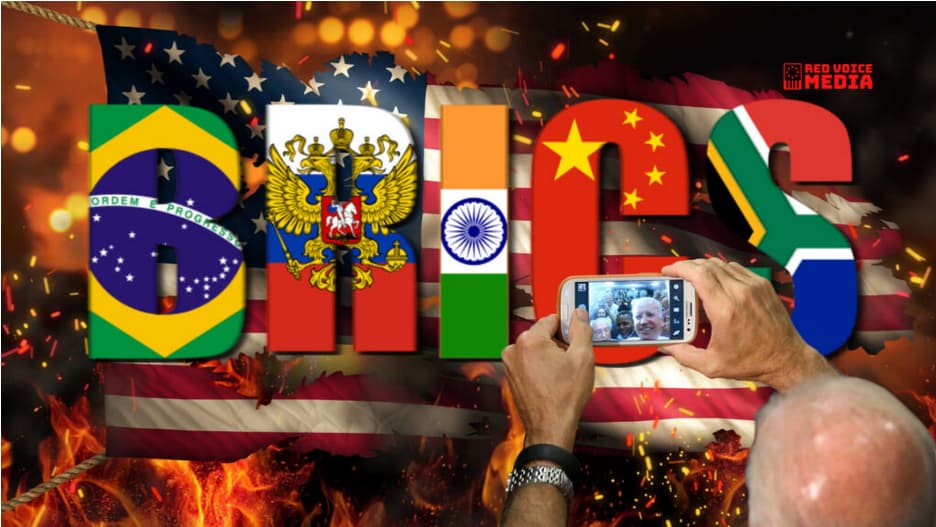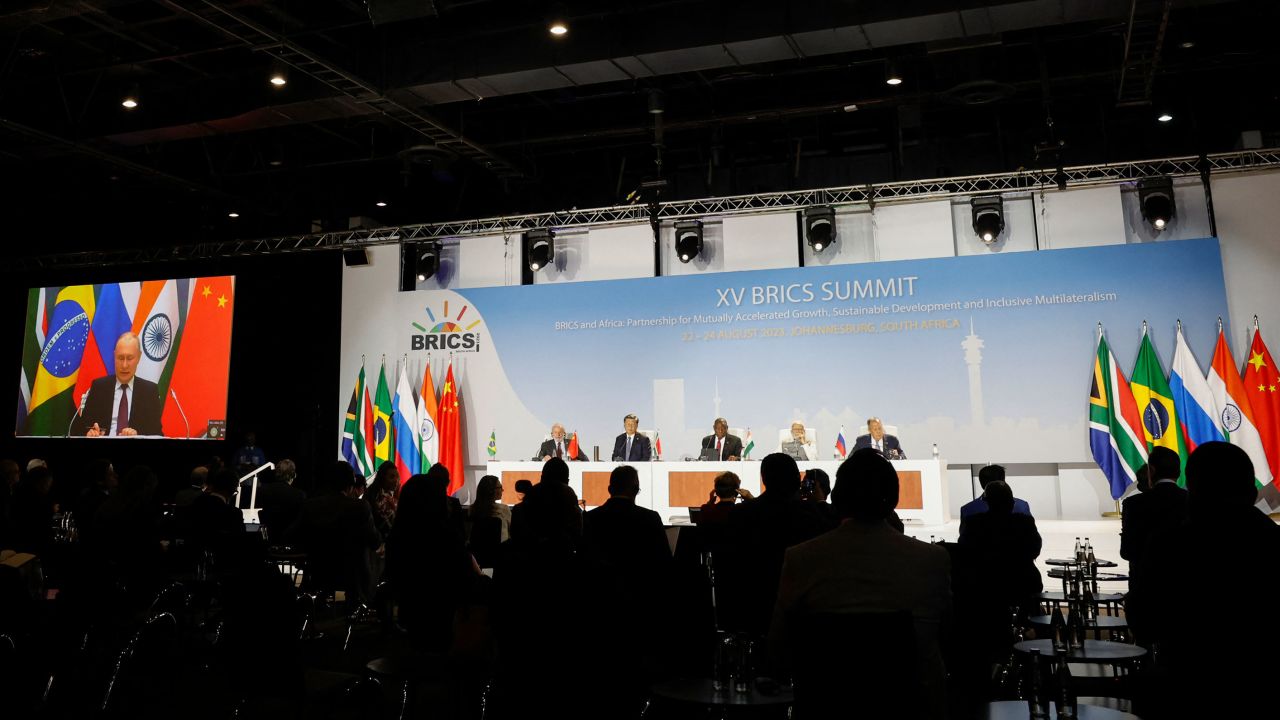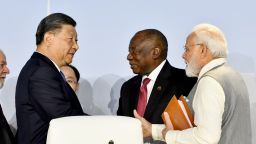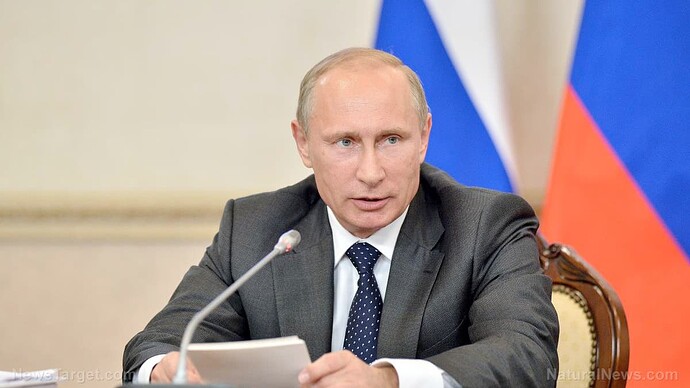BRICS Nations Plan to Create a New International Reserve Currency
While inflation data in Europe and the U.S. has risen significantly higher last month, Russia and members of the BRICS countries revealed leaders in the five major emerging economies are in the midst of “creating an international reserve currency.” Analysts believe the BRICS reserve currency is meant to rival the U.S. dollar and the International Monetary Fund’s (IMF) Special Drawing Rights (SDRs) currency.
Vladimir Putin Reveals the Creation of a New International Reserve Currency at the 14th BRICS Summit — Turkey, Egypt, and Saudi Arabia Consider Joining BRICS
During the last month, the West has been struggling with red hot inflation and energy prices skyrocketing higher. Politicians in the U.K., Europe, and the U.S. have been trying to blame the economic calamity on a number of things like the Ukraine-Russia war and Covid-19.
Data from last month’s consumer prices in America and Europe have climbed to all-time highs and many analysts say Western countries are in a recession or about to experience one. Meanwhile, at the end of June, members of the BRICS nations met at the 14th BRICS Summit to discuss world affairs.
During the BRICS Summit, Russian president Vladimir Putin announced that the five-member economies — Brazil, Russia, India, China, and South Africa plan to issue a “new global reserve currency.”
“The matter of creating the international reserve currency based on the basket of currencies of our countries is under review,” Putin said at the time. “We are ready to openly work with all fair partners,” he added. Additionally, Turkey, Egypt, and Saudi Arabia are considering joining the BRICS group. Analysts believe the BRICS move to create a reserve currency is an attempt to undermine the U.S. dollar and the IMF’s SDRs.

At this year’s BRICS Summit, Russian president Vladimir Putin announced a new international currency developed by BRICS was in the works.
“This is a move to address the perceived U.S.-hegemony of the IMF,” the global head of markets at ING, Chris Turner, explained at the end of June. “It will allow BRICS to build their own sphere of influence and unit of currency within that sphere.”
While the news of a reserve currency created by BRICS may be a surprise to some, specific accounts about the member countries countering the U.S. dollar have been reported on for quite some time. At the end of May 2022, a Global Times report noted members were urged to end their dependence on the dollar’s global dominance.
Russian Business Relations and BRICS Countries Intensify — China’s President Xi Jinping Says Countries That ‘Obsess With a Position of Strength’ and ‘Seek Their Own Security at the Expense of Others’ Will Fall
Putin explained the following month that “Contacts between Russian business circles and the business community of the BRICS countries have intensified.” The Russian president further noted that Indian retail chain stores would be hosted in Russia, and Chinese cars and hardware would be imported regularly. Putin’s recent statements and commentary at the BRICS Summit have made people believe the BRICS members are not “just a ‘talk shop’ anymore.”
In addition to South Africa, Russia has also increased foreign aid and has delivered weapons to Sub-Saharan African countries. Furthermore, Putin and other BRICS leaders have been targeting U.S. hegemony and exceptionalism in specific statements published by the media.

Putin has criticized and condemned the U.S. and West for financial sanctions on various occasions throughout the years.
At this year’s St. Petersburg International Economic Forum, Putin addressed the crowd with a 70-minute speech and talked about the U.S. ruling the world’s financial system for years. “Nothing lasts forever,” Putin said. “[Americans] think of themselves as exceptional. And if they think they’re exceptional, that means everyone else is second class,” the Russian president told the forum attendees.
Speaking with Russian ambassadors in a biennial speech, Putin said the West was weakening a great deal in terms of economic power. “Domestic socio-economic problems that have become worse in industrialized countries as a result of the (economic) crisis are weakening the dominant role of the so-called historical West,” Putin remarked to the ambassadors. “Be ready for any development of the situation, even for the most unfavorable development.”
Russia and Putin have been saying that the U.S. dominance in the world of finance has been dying for years now. In October 2018, speaking at the Valdai forum, Putin said the U.S. sanctioning specific countries (including Russia) would undermine trust in the U.S. dollar.
The Russian president noted that most of the fallen empires have made the same mistake. “It’s a typical mistake of an empire,” the Russian leader declared at the time. “An empire always thinks that it can allow itself to make some little mistakes, take some extra costs, because its power is such that they don’t mean anything. But the quantity of those costs, those mistakes inevitably grows.” Putin continued:
“And the moment comes when it can’t handle them, neither in the security sphere or the economic sphere.”
Moreover, in June, Bloomberg published a report about the BRICS Summit and noted that China’s president Xi Jinping suggested that NATO was responsible for antagonizing the Russian Federation. Xi also said that certain countries that bolster exceptionalism will falter by suffering from security vulnerabilities.
“Politicizing, instrumentalizing and weaponizing the world economy using a dominant position in the global financial system to wantonly impose sanctions would only hurt others as well as hurting oneself, leaving people around the world suffering,” Xi detailed. “Those who obsess with a position of strength, expand their military alliance, and seek their own security at the expense of others will only fall into a security conundrum.”
The Financial World Splits in Half: Alternative Payment Rails, Stockpiling Gold, and the Clash of a Robust Dollar and Ruble
The strengthening of the BRICS nations has been going on well before the conflict in Ukraine began. For instance, in 2014, Russia developed the System for Transfer of Financial Messages (SPFS), and later the Mir payment system was launched. That same year, in response to the annexation of Crimea, Russia started to stockpile gold in vast amounts.

Financial messages using SPFS have increased a great deal over the years alongside the use of CIPS and the Mir payment system.
China has been hoarding massive amounts of gold as well, as both countries hiked their gold reserve purchases a great deal a few years before the war. Russian banks also joined the China International Payments System (CIPS) making it easier for the two countries to trade. In April last year, China opened its borders to billions of dollars of gold imports, according to a report from Reuters.

Both China and Russia have been stockpiling gold over the last few years.
Continued at link.






